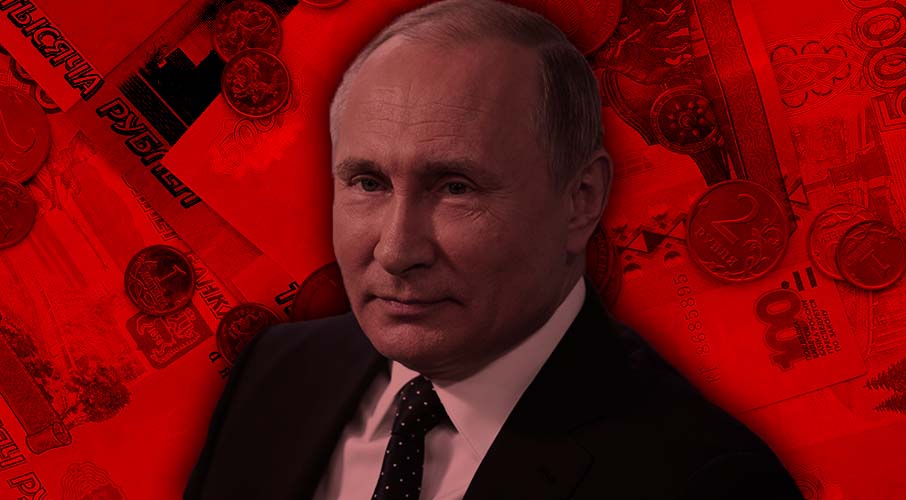
This article originally appeared in the Vancouver Sun.
By Richard Shimooka, April 29, 2022
Last week, alongside 61 other Canadians, I was sanctioned by the Russian government for promoting “Russophobic themes.” It is a surreal situation — as an analyst and historian, I assiduously try to avoid placing myself in the story. While my perspectives and tools guide my analysis, placing a hint of my individualism in my writing feels unnatural. For the past several weeks, I’ve tried to explain various aspects of the conflict in these pages — the motivations of the Russian regime, the dynamics on the ground, and its potential direction.
However, since I’m now part of the story, I will indulge and write about my own perspectives for once. To start, it’s important to stress that these Russian sanctions are a toothless effort that have no material consequence on my life — but they have led me to consider how I understand the Russian government and repressive regimes.
My perspective has been somewhat conditioned by my family history with Russian repression in Czechoslovakia. My grandfather and my mother faced it firsthand — the former being tortured and broken by the regime, the latter becoming a dissident who participated in the Prague Spring, and was effectively forced into exile afterwards. While I was exposed to their stories from a young age, the past week has provided me a small peek into their experiences.
I think the sanctions say a lot about the Russian government. The mechanics of my sanctioning are likely straightforward. The Macdonald-Laurier Institute, with which I am affiliated as a senior fellow, has been actively researching the Kremlin’s foreign and domestic actions. My colleague Marcus Kolga is at the forefront of countering Russian disinformation. His excellent work led him to be the only private Canadian citizen — unrelated to Ukrainian organizations and who isn’t an MP — to be included in the first wave of Russian sanctions. In my case, some modern-day apparatchik likely saw my work and the work of two of my other colleagues, along that of Marcus, and added me to the list.
This illustrates the capricious nature of a repressive regime. Unlike the first round of sanctions, this latest one listing 61 individuals cast a much wider net. In addition to senior bureaucratic and military officials, it identified influential voices, including newspaper editors, columnists and academics.
This clumsy move is consistent with the Russian government’s other efforts during this conflict. Their propaganda has largely been aimed at their domestic audience — propping up narratives to maintain support within their populace. With most independent media and voices in the country silenced, Russian airwaves are dominated by highly jingoistic and one-sided perspectives on the conflict. These sanctions are performative acts for their audience, to show how their state is countering anti-Russian narratives abroad.
Many people have made far more negative statements about President Vladimir Putin and his regime than I did. Yet I was still singled out. The line is deliberately vague to keep people in line. It’s intended to keep people cowed.
It’s one of the reasons why I don’t see being sanctioned as much of a badge of honour. It could have been anyone. This is a common tactic for such regimes. My grandfather was a geologist. While educated, he was not a political threat. Yet he was dragged into the infamous Bartolomějská Street prison in Prague and held for several weeks for “questioning” — if he could be targeted, anyone could be.
Even if the penalties are negligible in my case, it’s slightly unnerving to know that someone from a regime that has perpetrated gross human rights abuses, including poisoning critics, has been criticizing your work. While my experience is only a sliver of what people living under such repressive systems endure, it’s why such tactics are effective. The sanctions won’t dissuade me from discussing Russia, Ukraine and other issues, but the experience gives me some greater insight into the thinking behind them.
Richard Shimooka is a senior fellow at the Macdonald-Laurier Institute.





